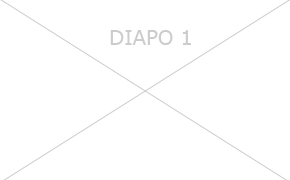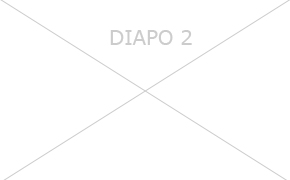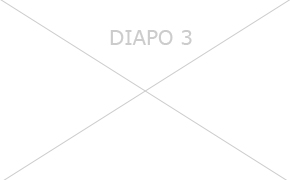Based in Saclay (Essonne), the LIST is one of the two institutes of CEA Tech, the technological research division of the CEA. Dedicated to intelligent digital systems, its mission is to carry out technological developments of excellence on behalf of industrial partners in order to create value.
Within the LIST, the Laboratory of Vision and Learning for Scene Analysis (LVA) conducts research in the field of computer vision and artificial intelligence for the perception of intelligent and autonomous systems. The laboratory's research themes include visual recognition, behavior and activity analysis, large-scale automatic annotation, and perception and decision models. These technologies are applied in major sectors such as security, mobility, advanced manufacturing, healthcare, and sports.
Enhancing Visual Reasoning in Vision-Language Models (VLMs) through Dynamic Visual Feature Selection H/F
Generative Vision Language Models (VLMs) are designed to integrate text generation with visual contexts, but their performance in tasks requiring complex visual reasoning remains under scrutiny. This internship will focus on enhancing VLMs by using Chain-of-Thought (CoT) reasoning to optimize visual feature selection for text generation.
Generative Vision Language Models (VLMs) combine the understanding and generation of text in visual contexts. These models have demonstrated impressive performance on real-world visual question answering (VQA) benchmarks, suggesting their visual reasoning abilities. However, these benchmarks often mix pure visual reasoning tasks with tests of world knowledge, and typically involve questions requiring only a limited number of reasoning steps [2]. As a result, it is unclear whether a VLM's apparent success in visual reasoning tasks is truly due to its reasoning capabilities or simply leveraging its extensive world knowledge. Moreover, VLMs often struggle with fine-grained scene understanding and spatial reasoning, largely due to inefficient use of visual features [5].
This internship aims to tackle these limitations by developing a novel approach for VLMs, particularly those trained through instruction learning methods like LLAVA [1]. This architecture involves converting visual features, from a Visual Transformer model [3], into text embedding space before feeding them to a large language model (LLM) for text generation.
We propose leveraging the Chain-of-Thought (CoT) technique [4] to iteratively select the most relevant visual features during the text generation process. CoT involves generating step-by-step reasoning to break down complex tasks into simpler logical steps, which enhances model performance on tasks requiring complex reasoning. In our approach, we will begin by linking the reasoning steps in a textual chain to specific visual features within the image to provide a visual justification for each step. Afterward, the model will learn to directly select and process relevant visual features without relying on explicit textual reasoning steps, allowing for a more intuitive and efficient understanding of the visual context.
[1] Liu, H., Li, C., Wu, Q., & Lee, Y.J. (2023). Visual Instruction Tuning. ArXiv, abs/2304.08485
[2] Zhang, Y., Bai, H., Zhang, R., Gu, J., Zhai, S., Susskind, J., & Jaitly, N. (2024). How far are we from intelligent visual deductive reasoning? In COLM
[3] Dosovitskiy, A., Beyer, L., Kolesnikov, A., Weissenborn, D., Zhai, X., Unterthiner, T., Dehghani, M., Minderer, M., Heigold, G., Gelly, S., Uszkoreit, J., & Houlsby, N. (2020). An Image is Worth 16x16 Words: Transformers for Image Recognition at Scale. ArXiv, abs/2010.11929
[4] Wei, J., Wang, X., Schuurmans, D., Bosma, M., Chi, E.H., Xia, F., Le, Q., & Zhou, D. (2022). Chain of Thought Prompting Elicits Reasoning in Large Language Models. ArXiv, abs/2201.11903
[5] Zhang, J., Hu, J., Khayatkhoei, M., Ilievski, F., & Sun, M. (2024). Exploring Perceptual Limitation of Multimodal Large Language Models. ArXiv, abs/2402.07384
- Students in their 5th year of studies (M2 or gap year)
Computer vision skills - Machine learning skills (deep learning, perception models, generative AI…)
- Python proficiency in a deep learning framework (especially TensorFlow or PyTorch)
- Scientific research experience will be appreciated
In line with CEA's commitment to integrating people with disabilities, this job is open to all.

 Je me crée un espace candidat
Je me crée un espace candidat






